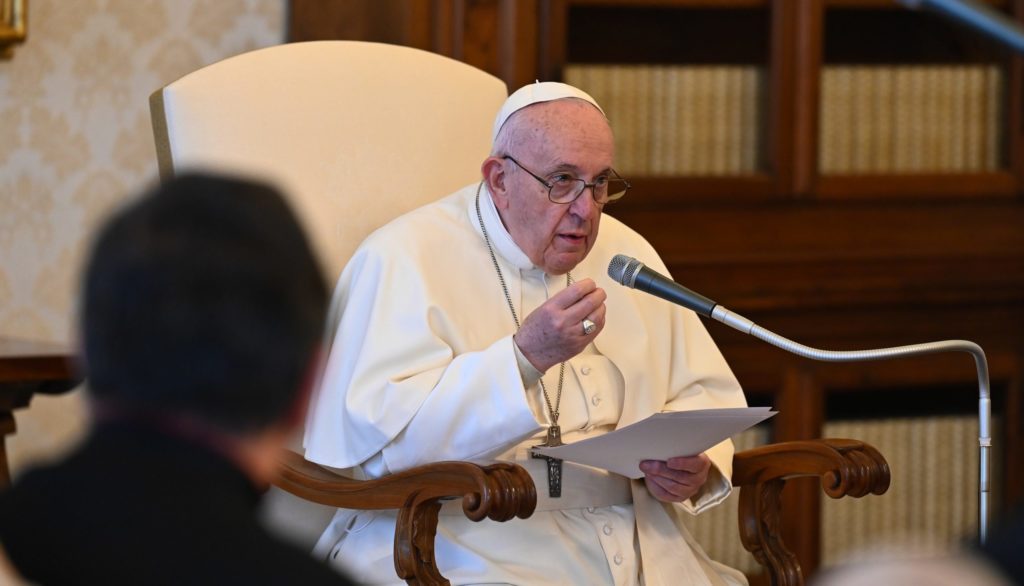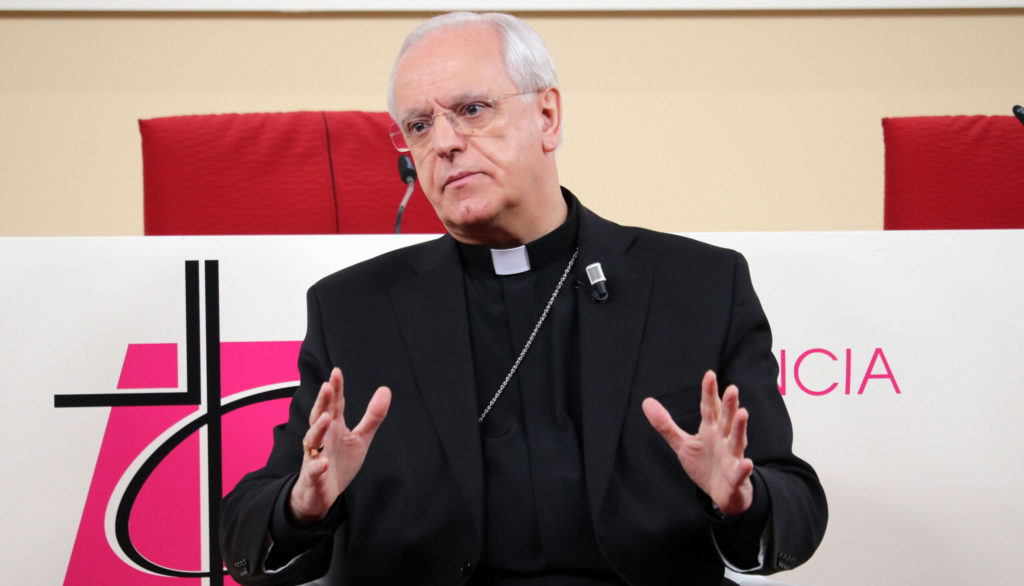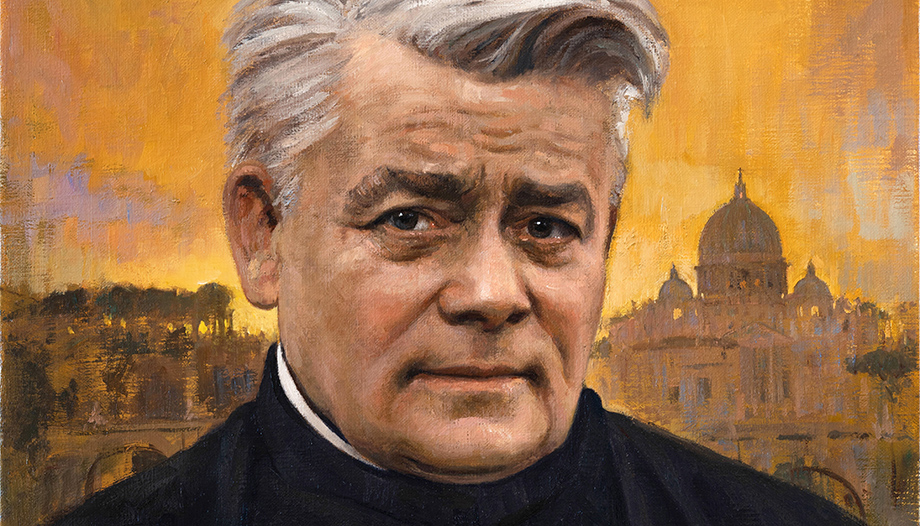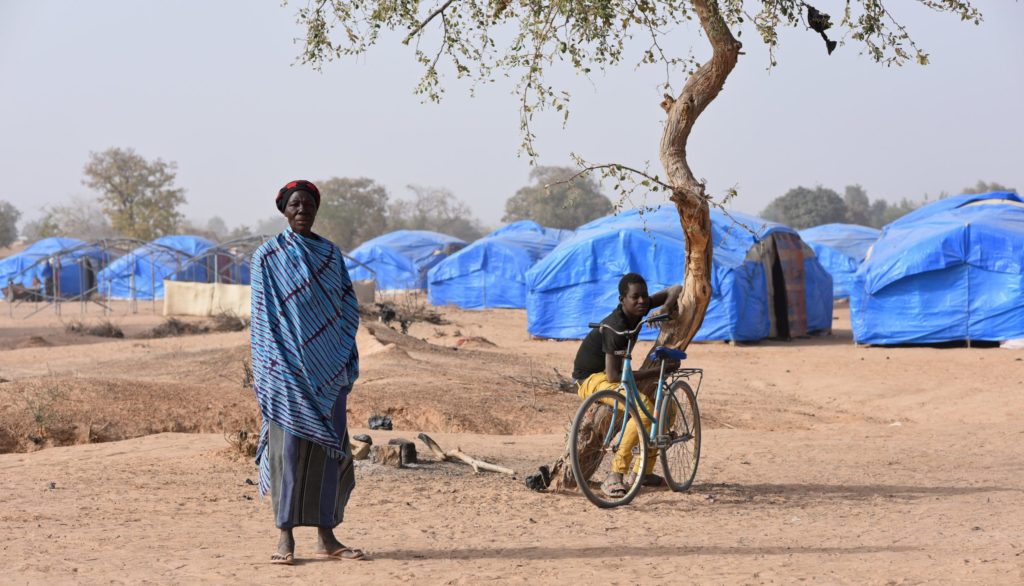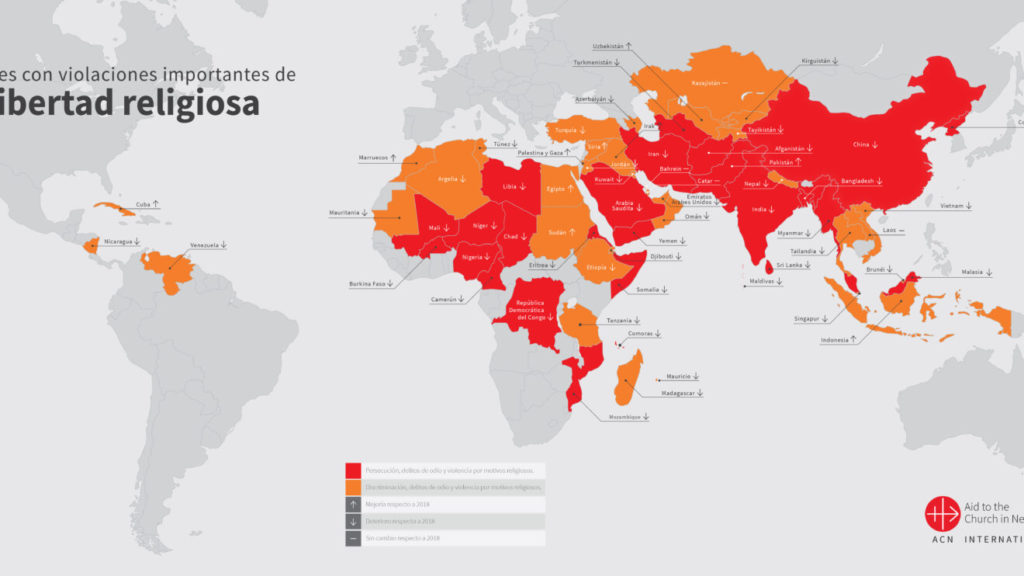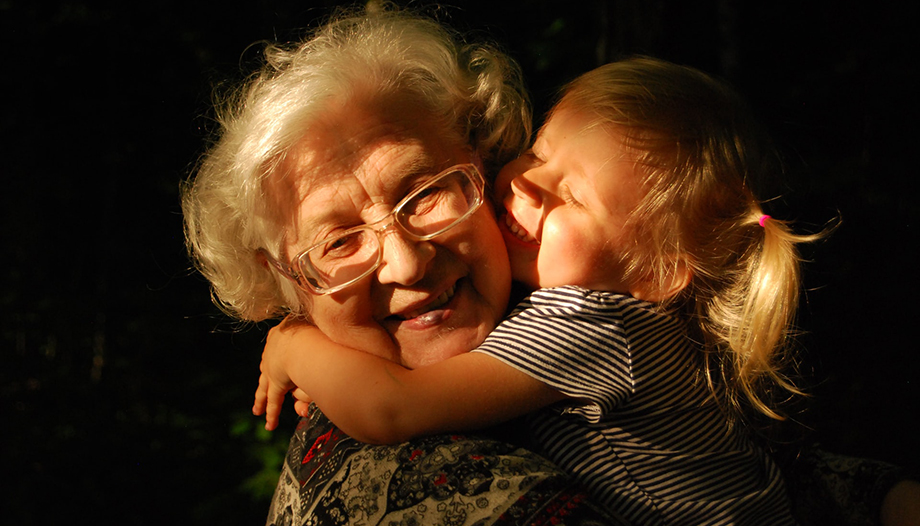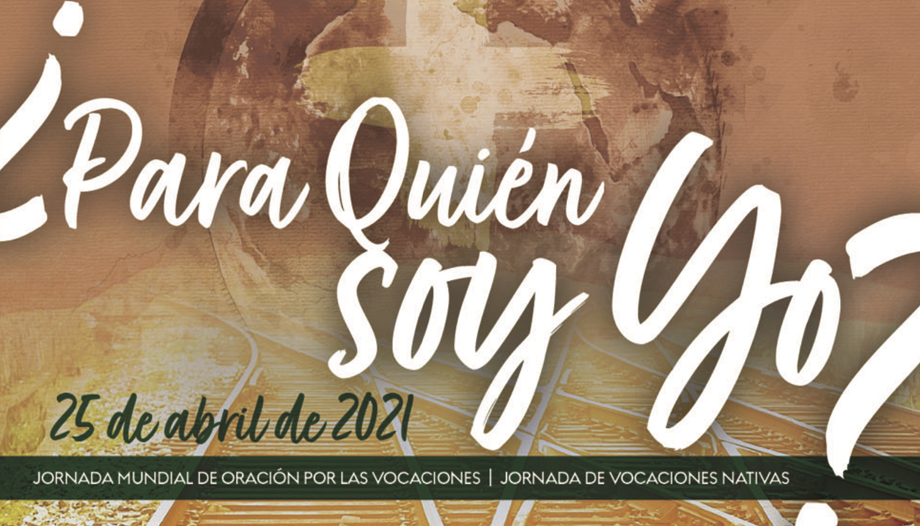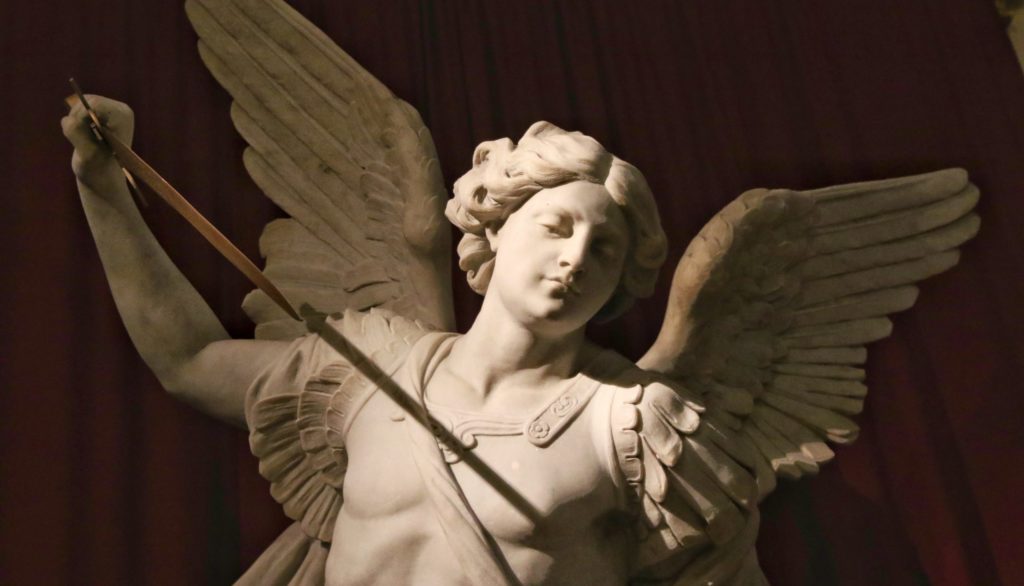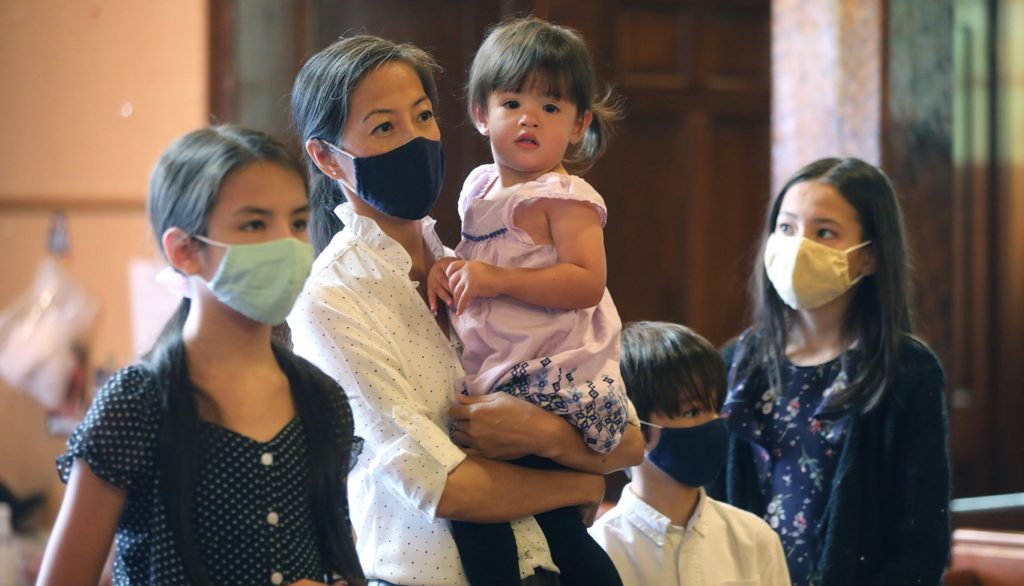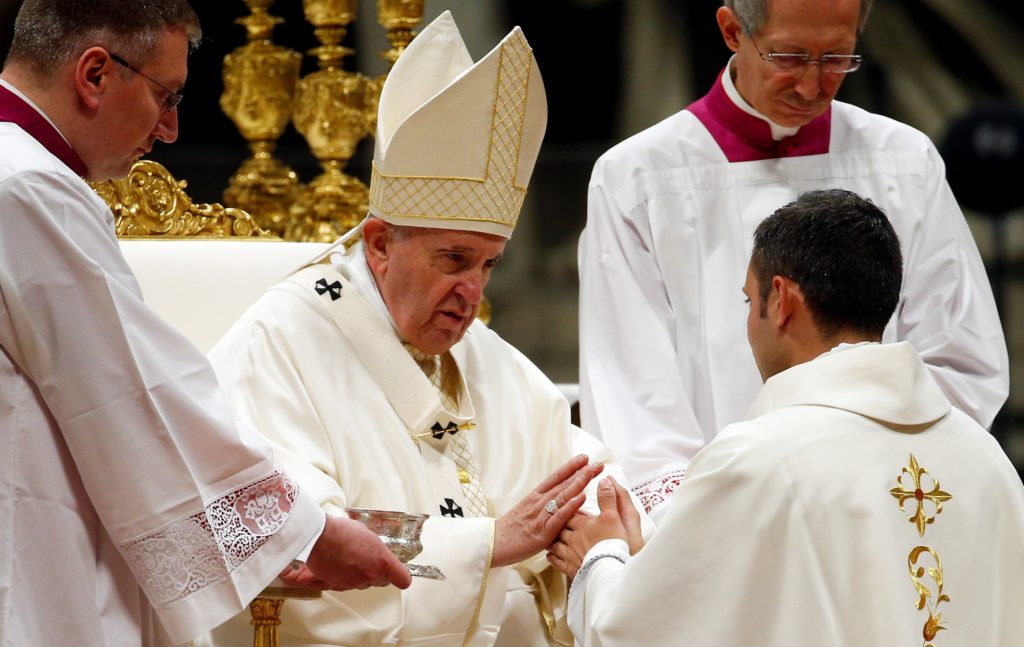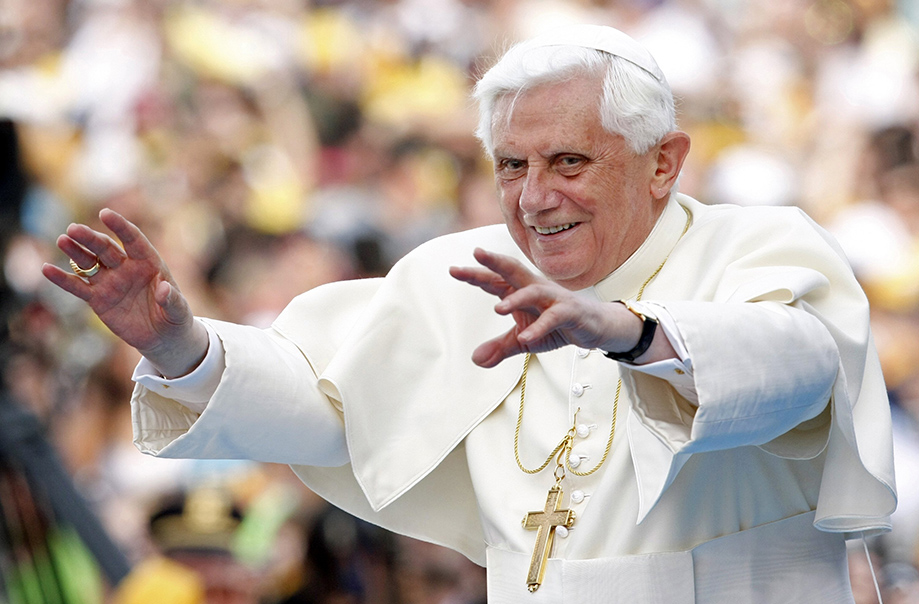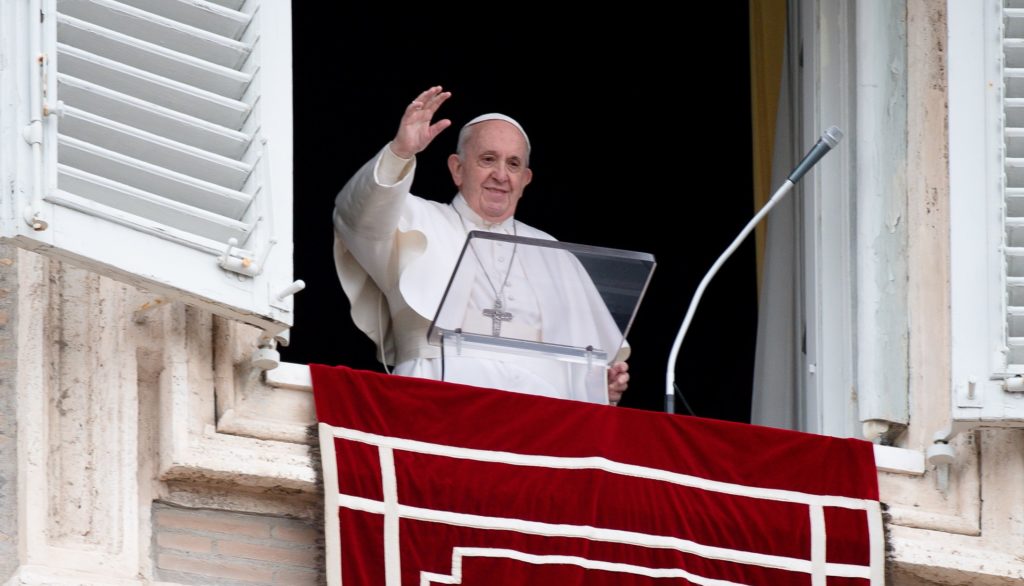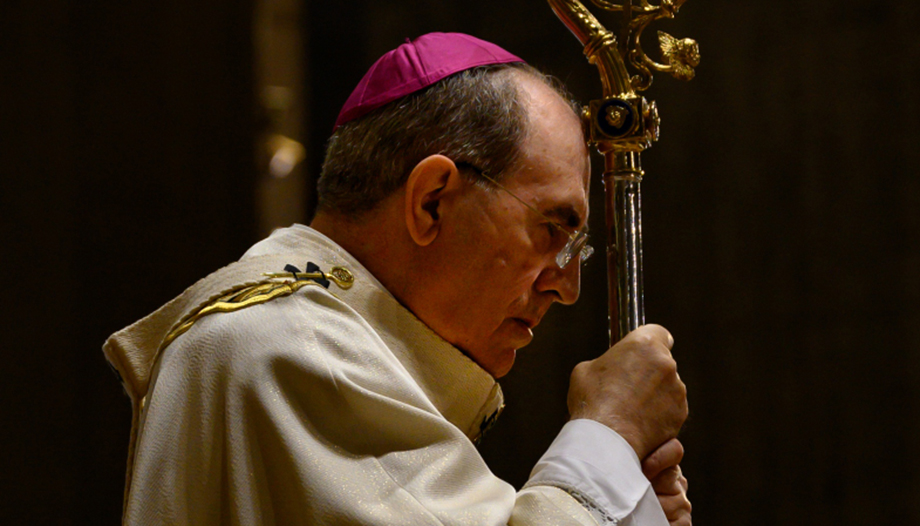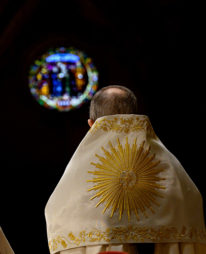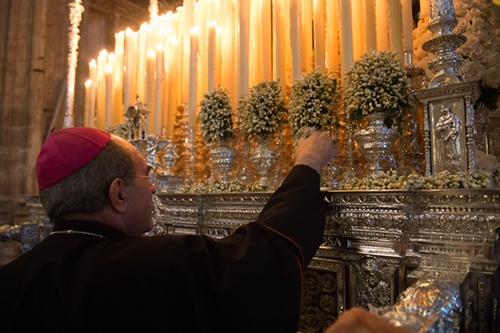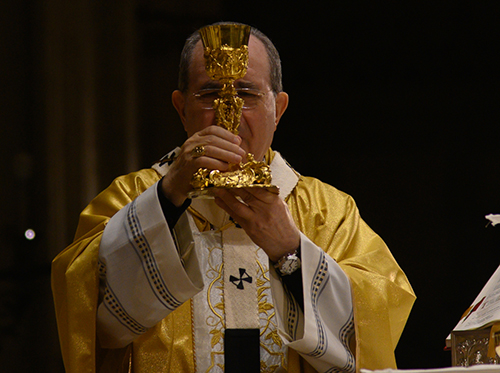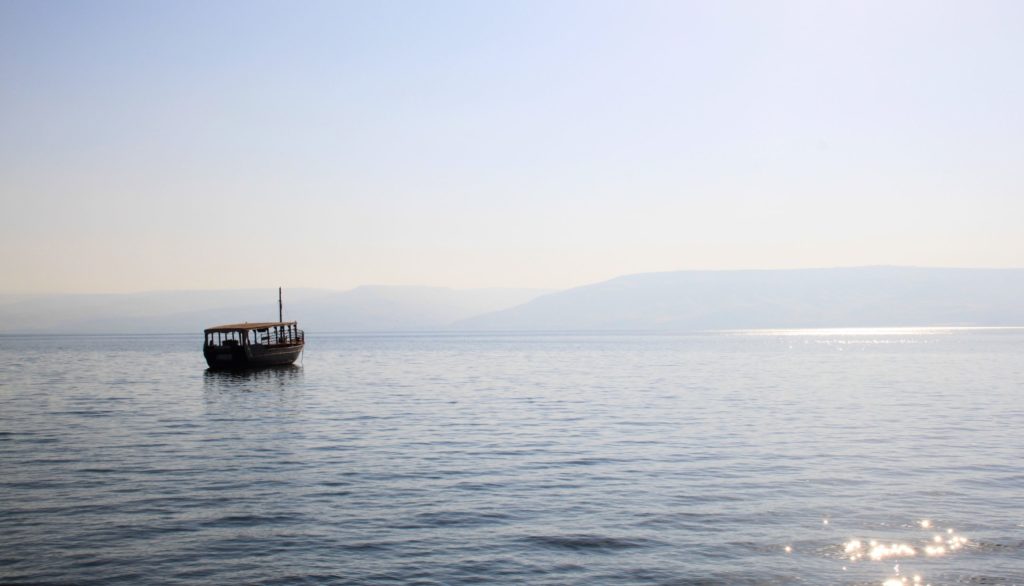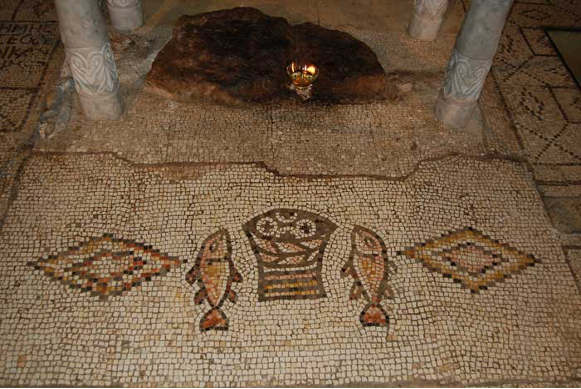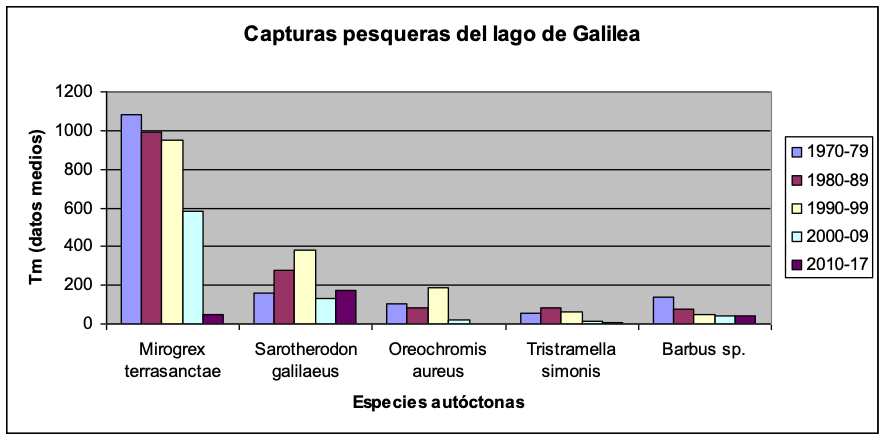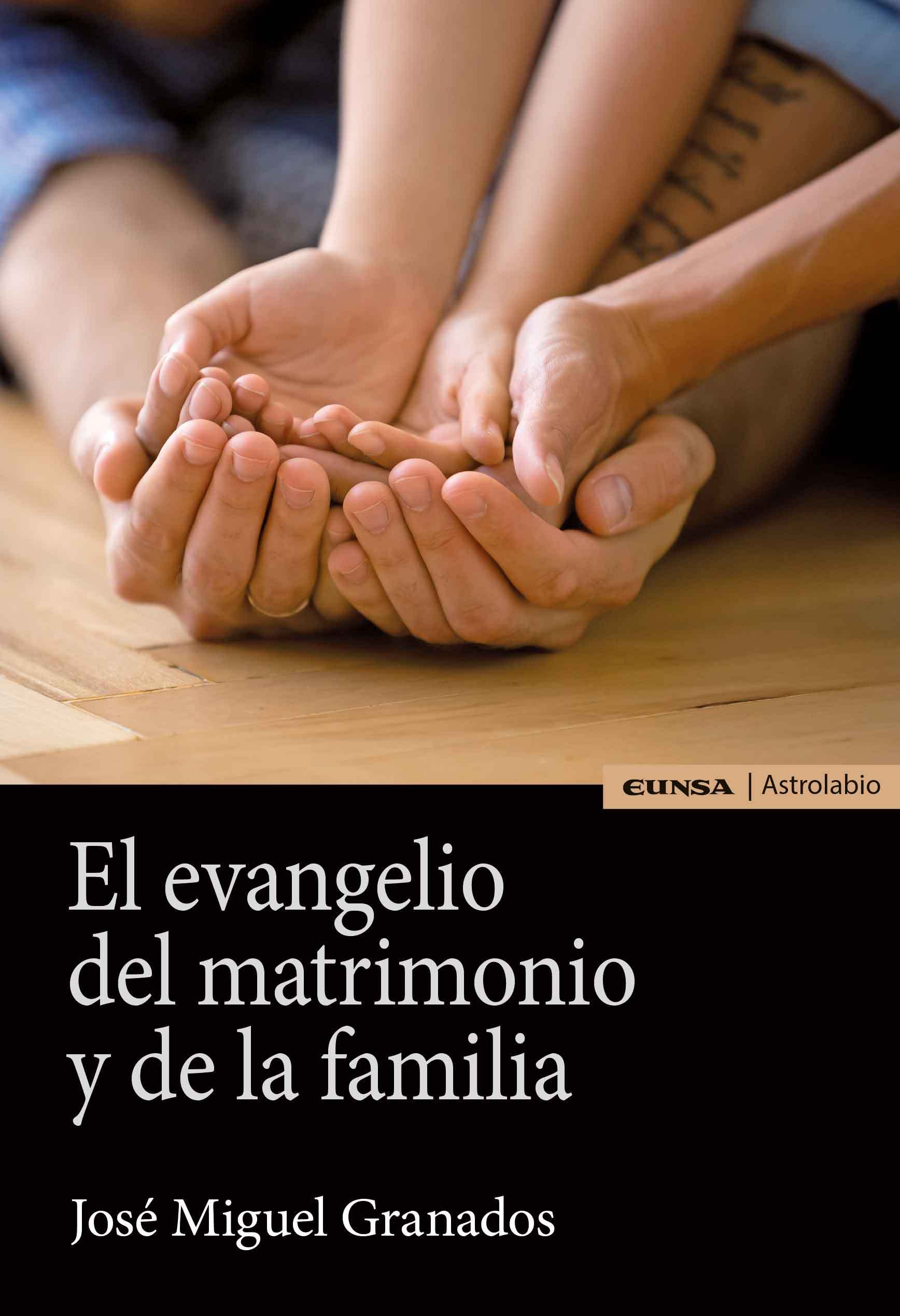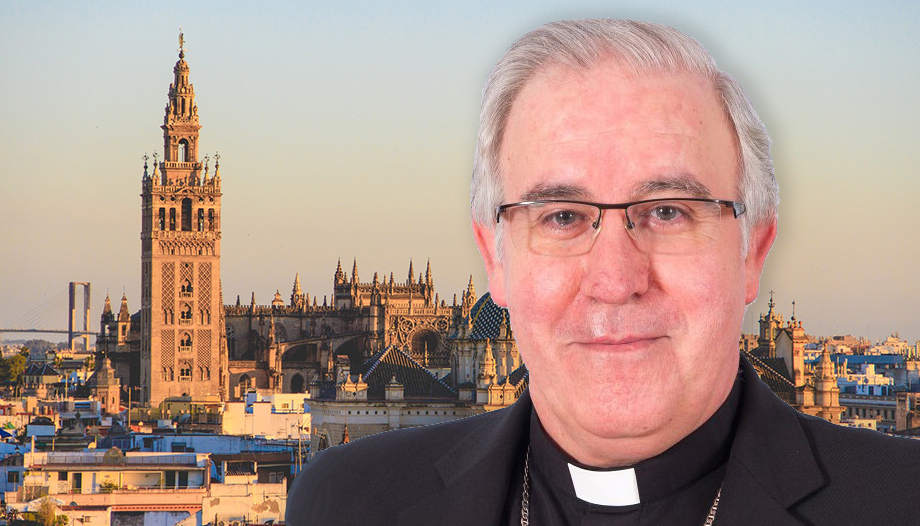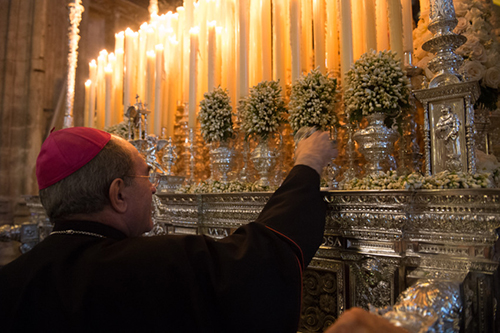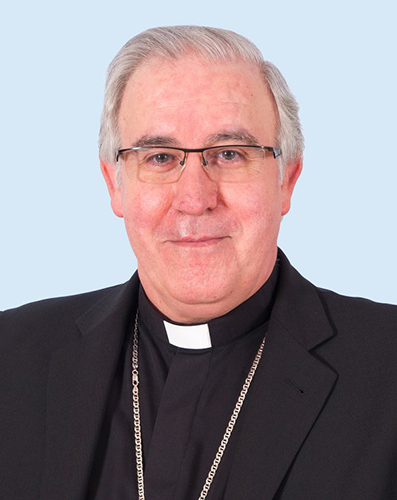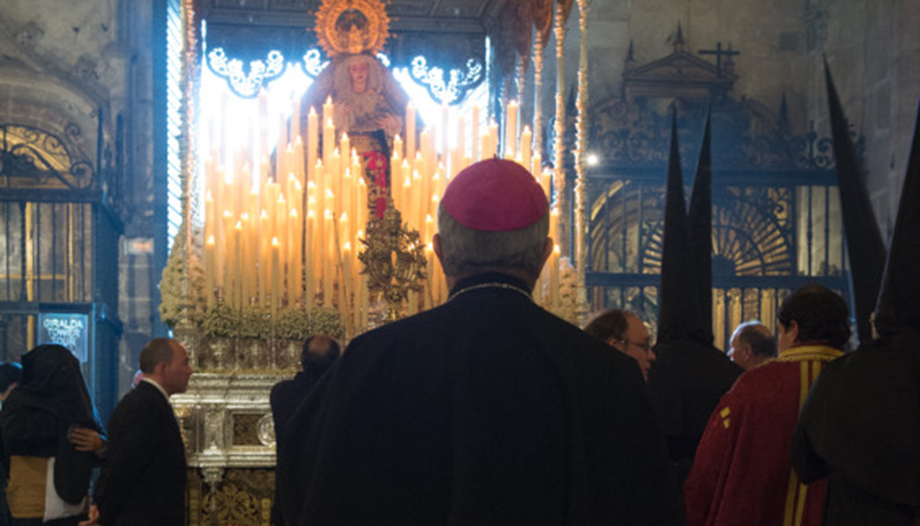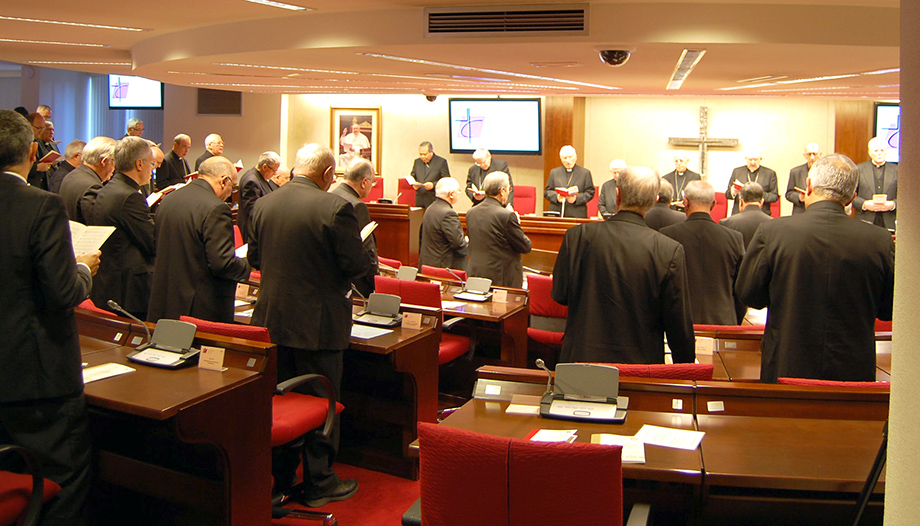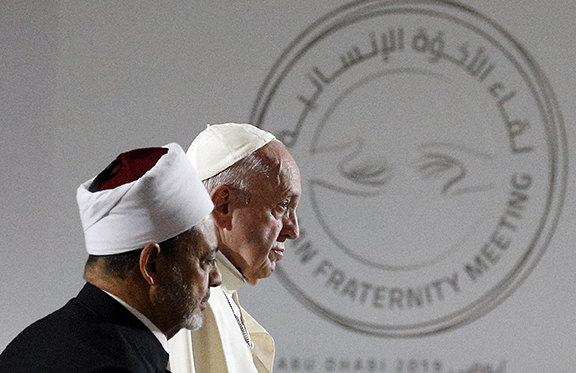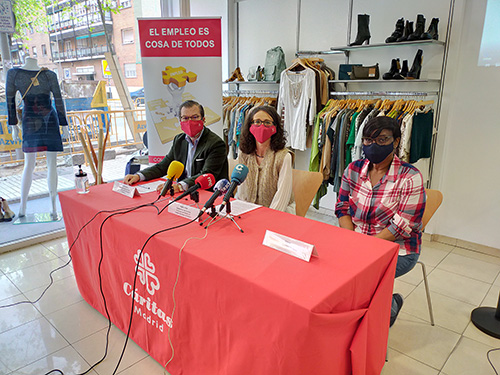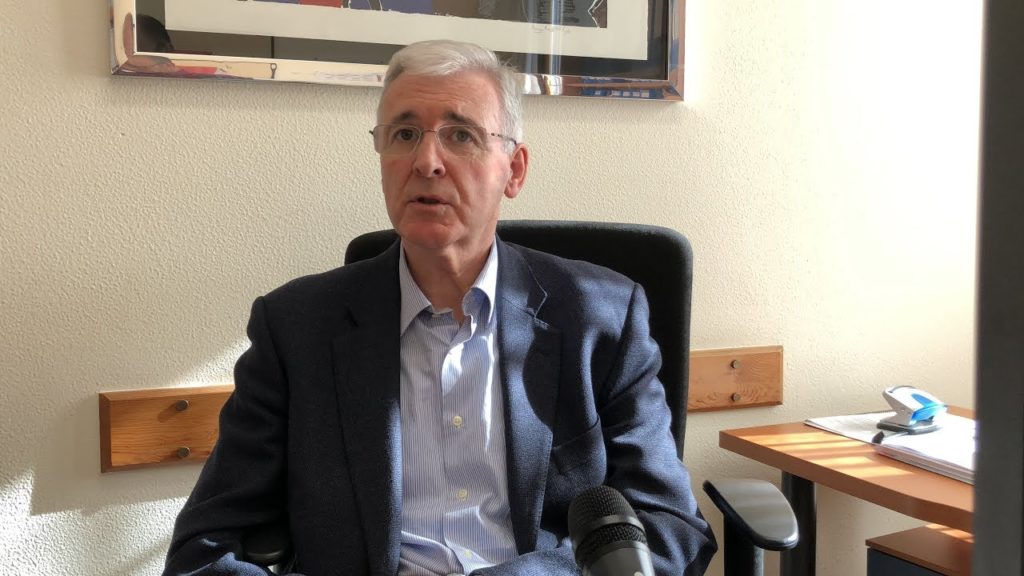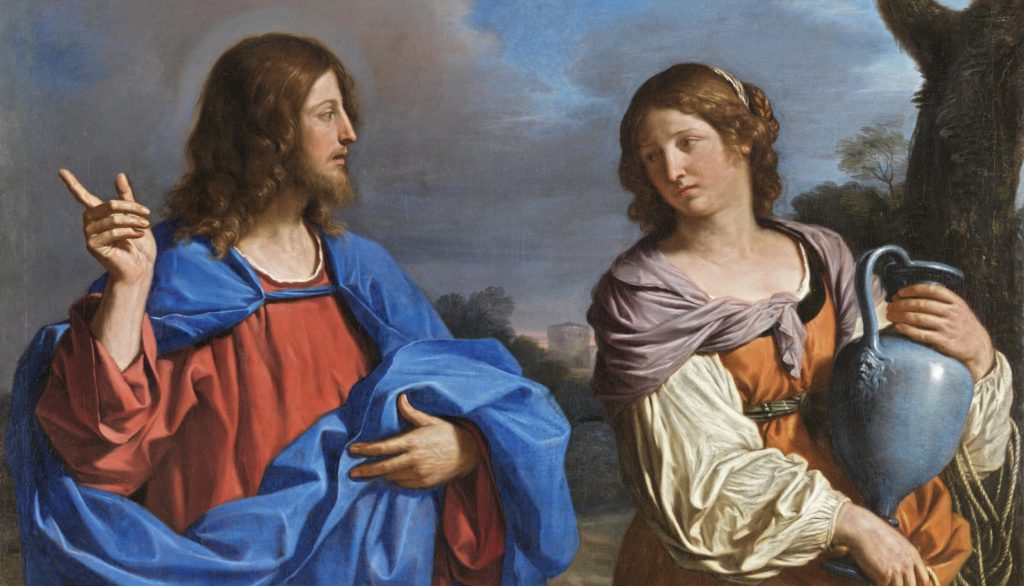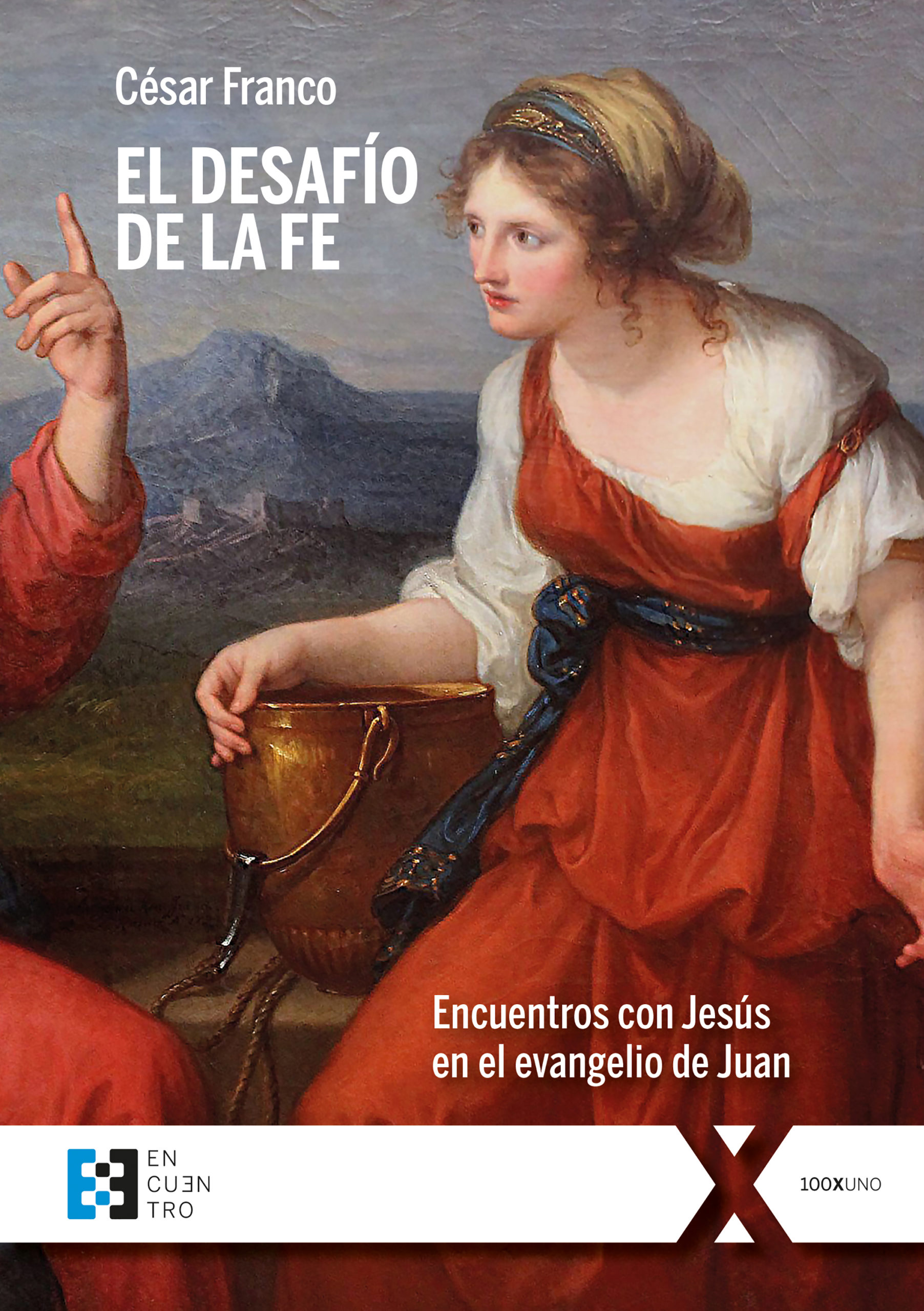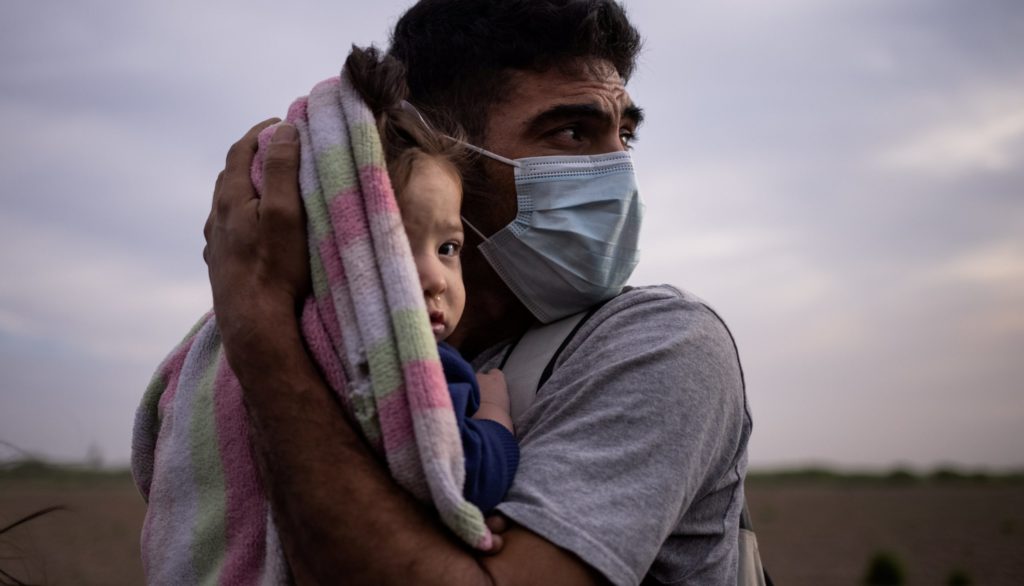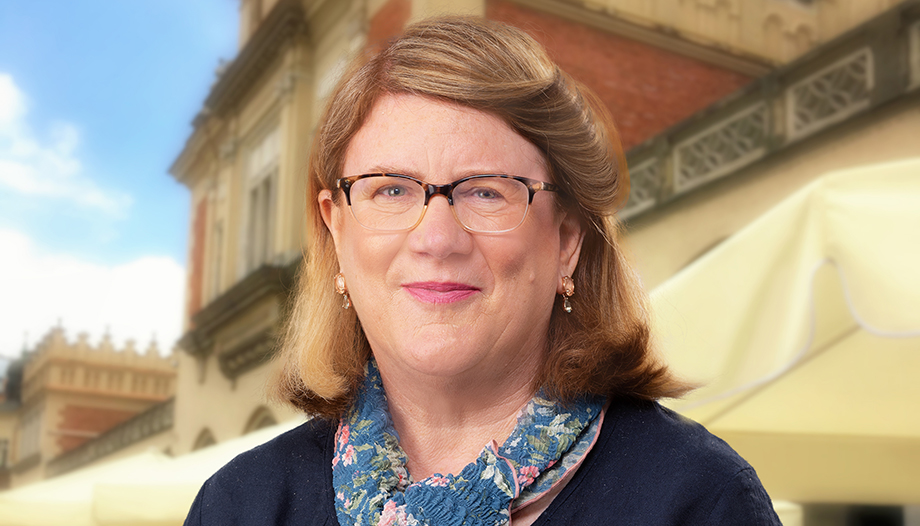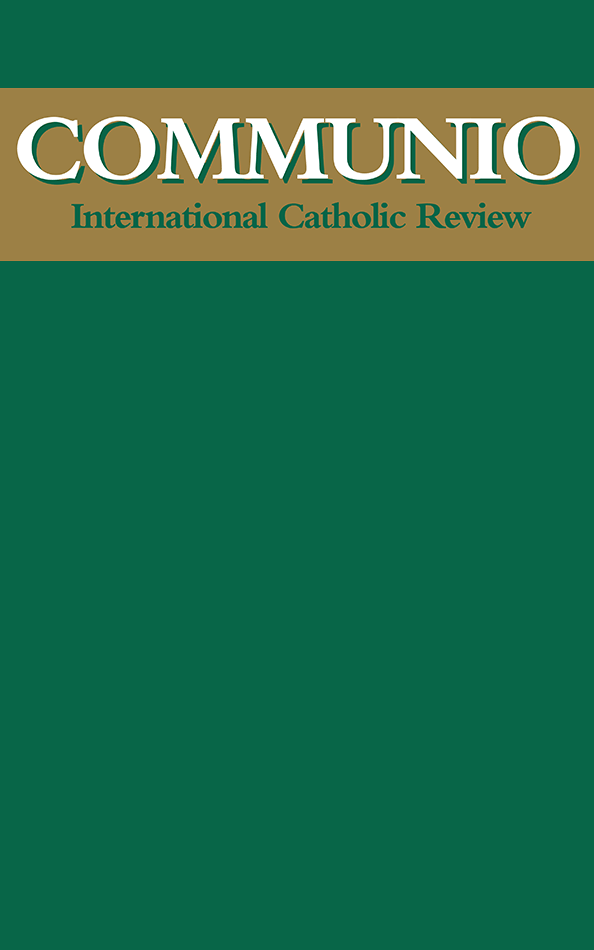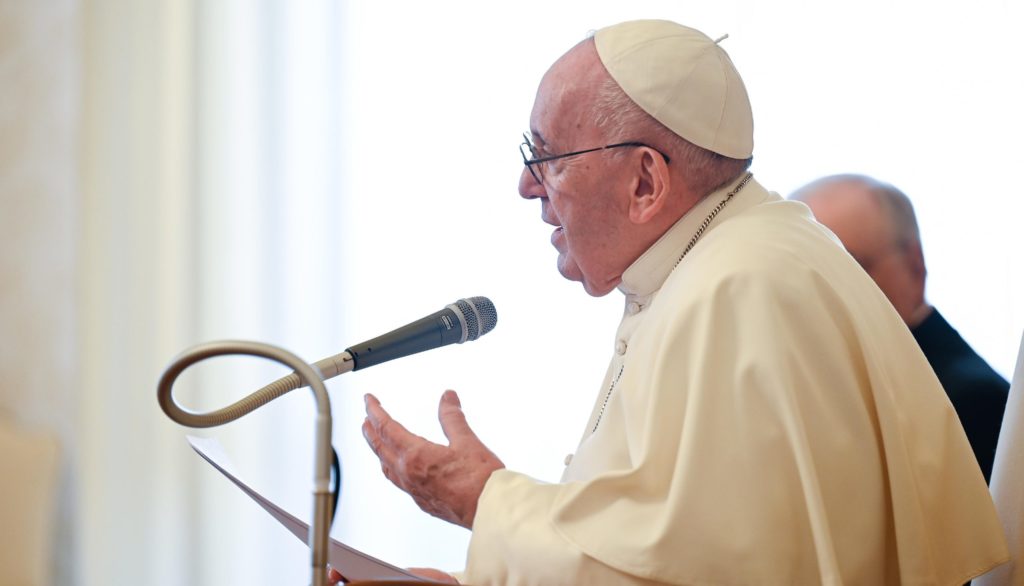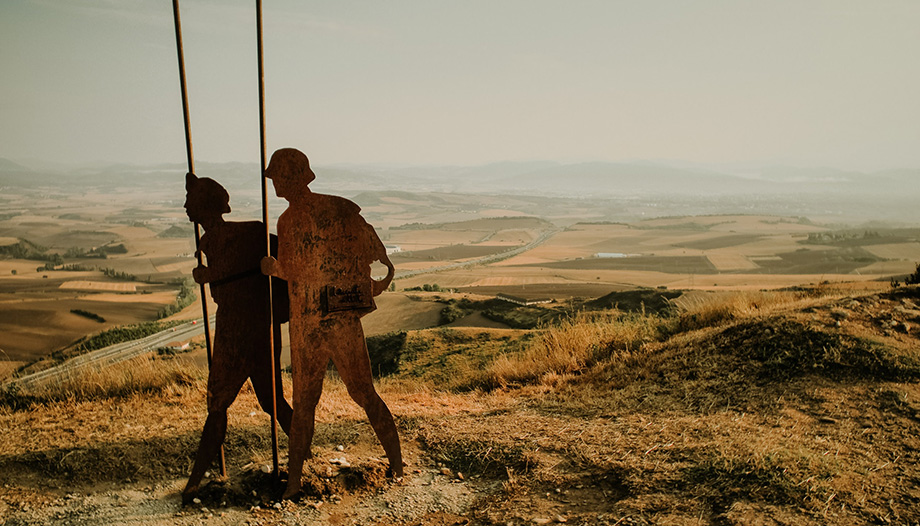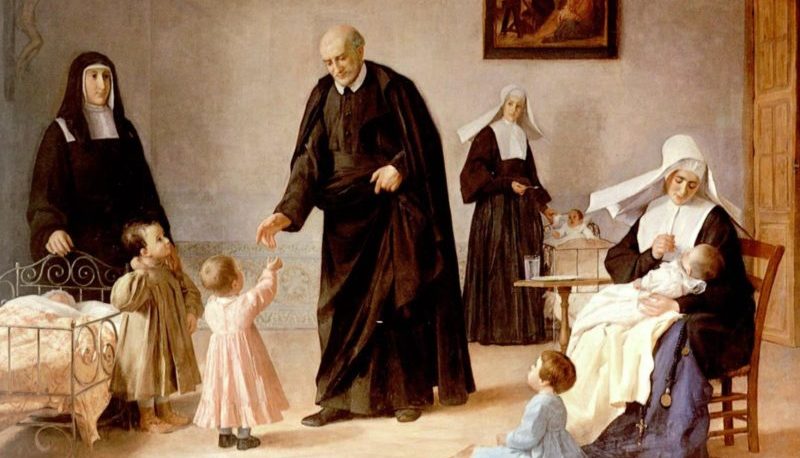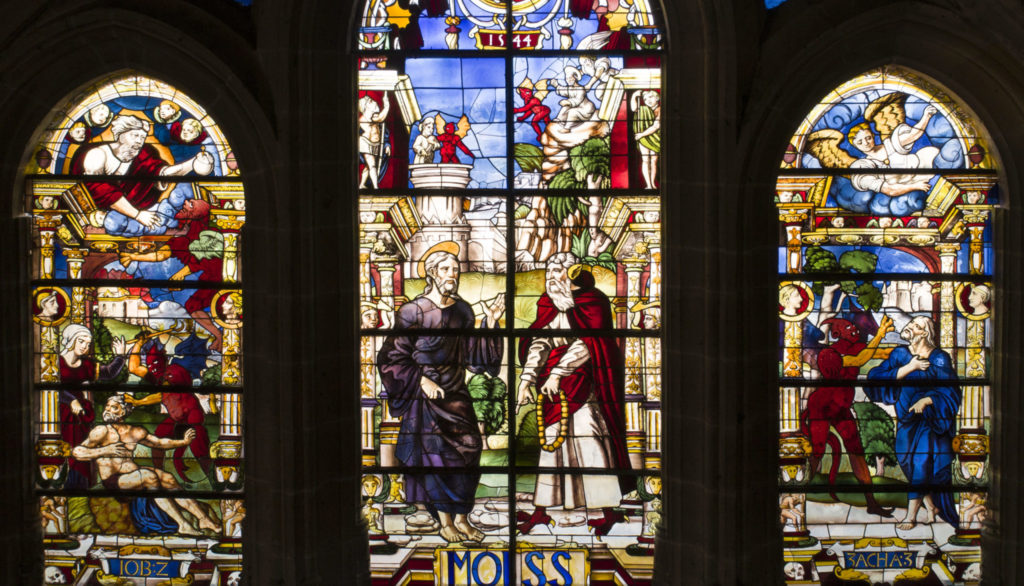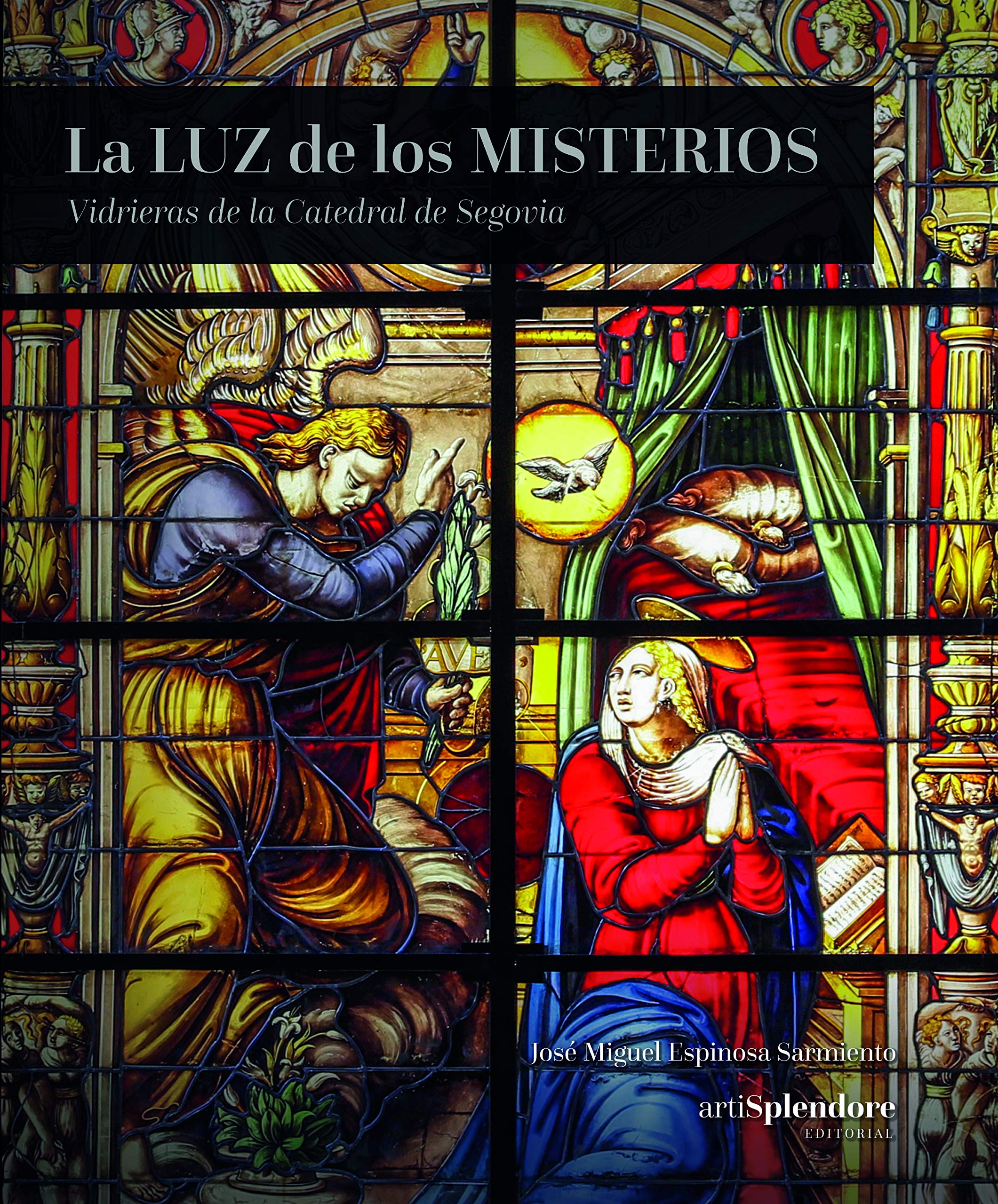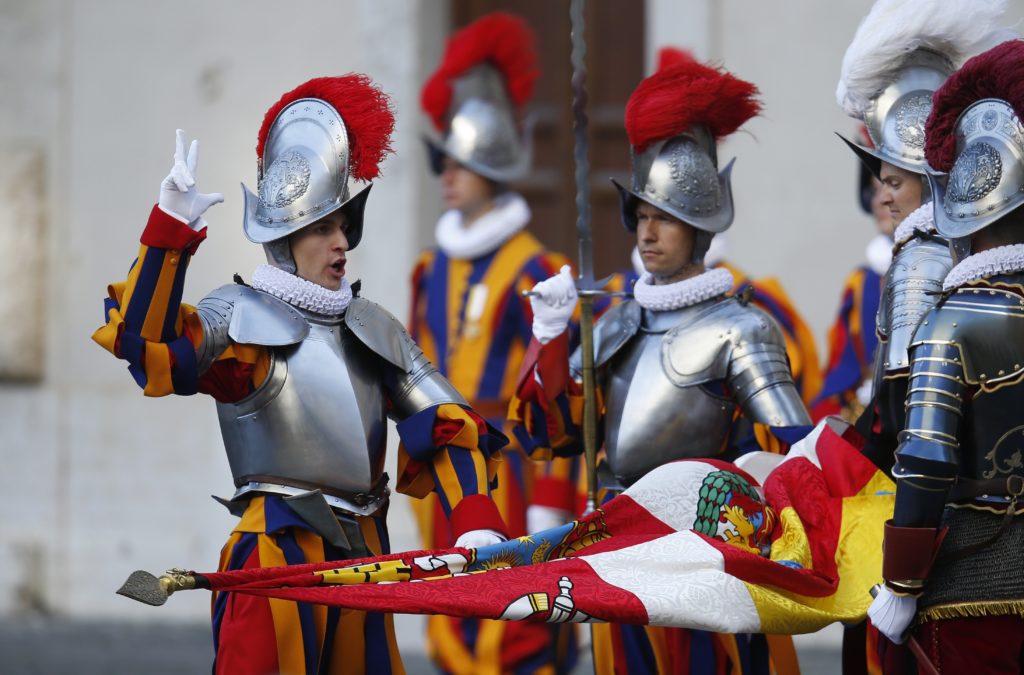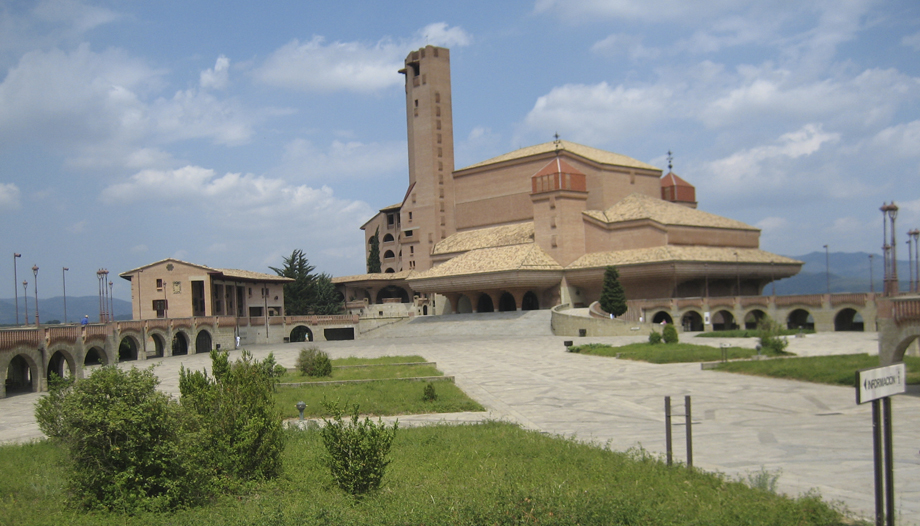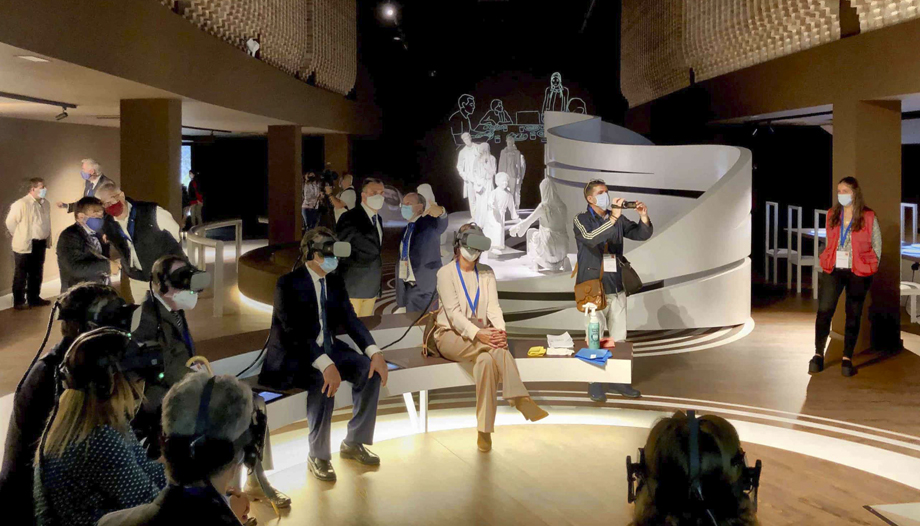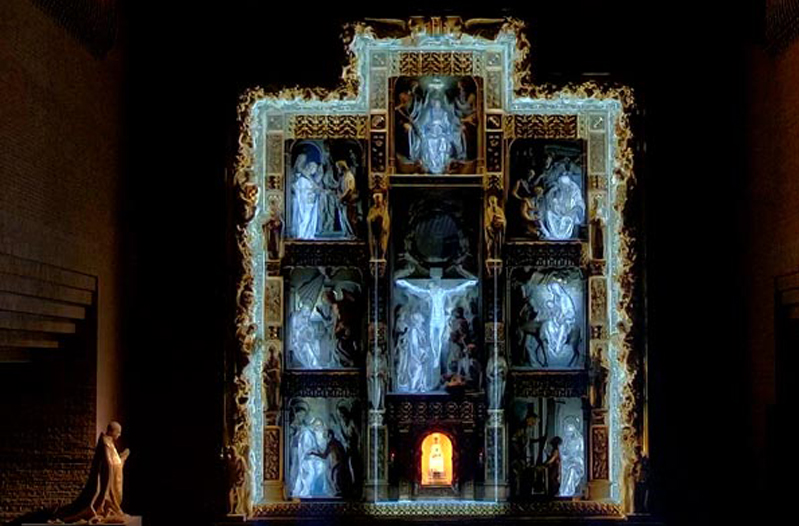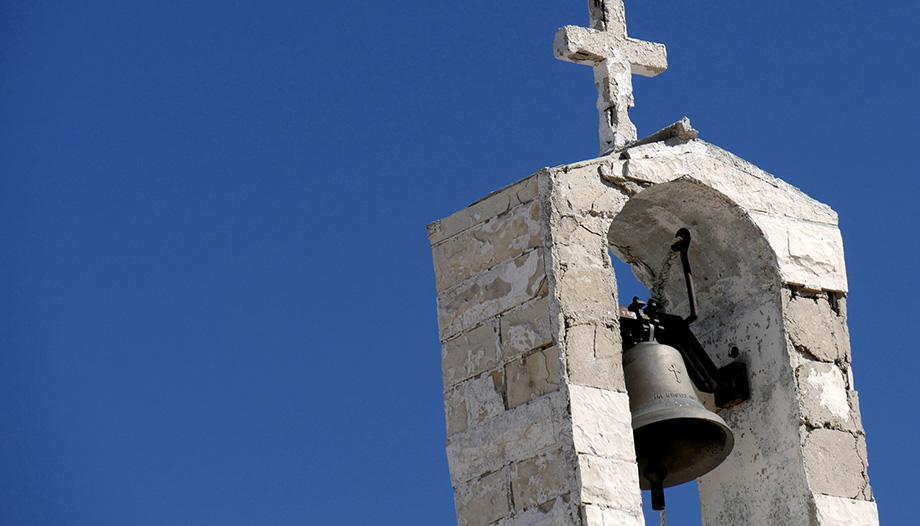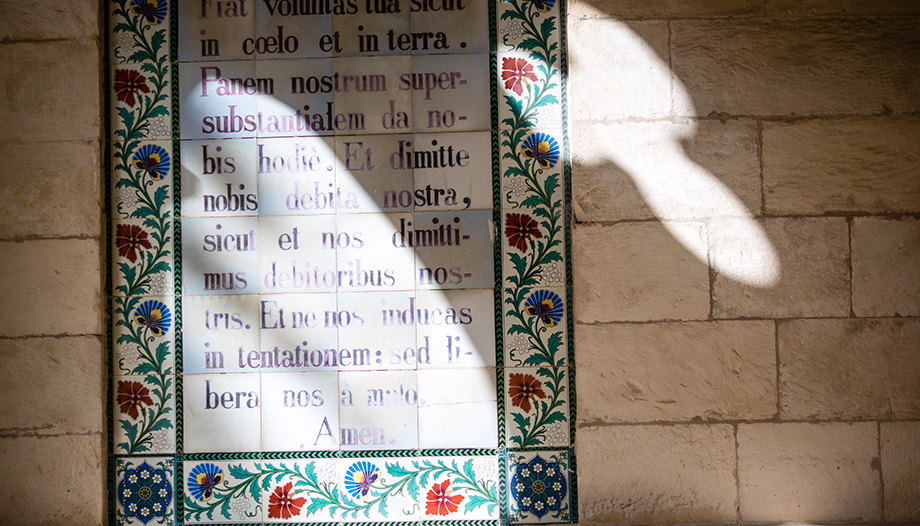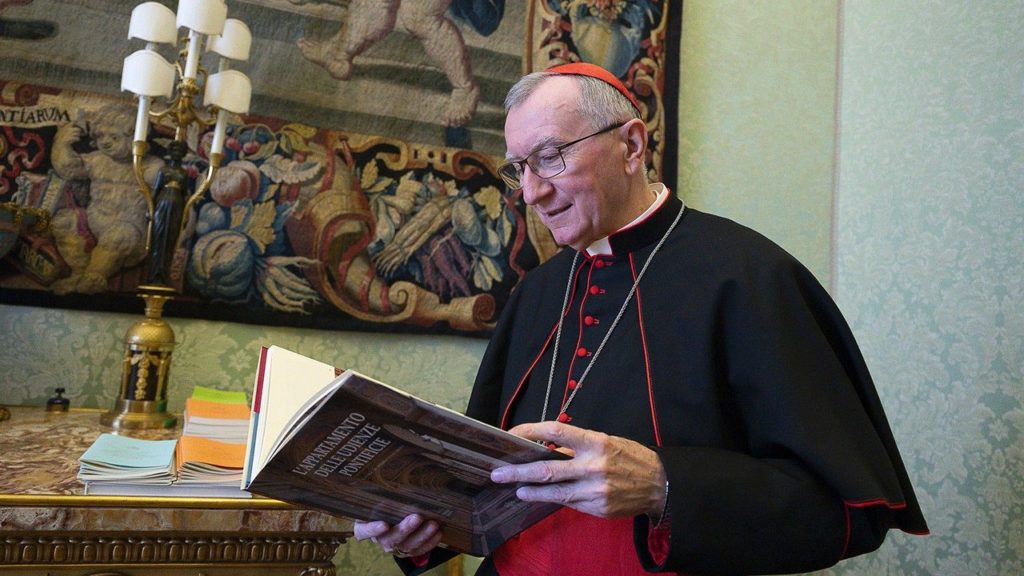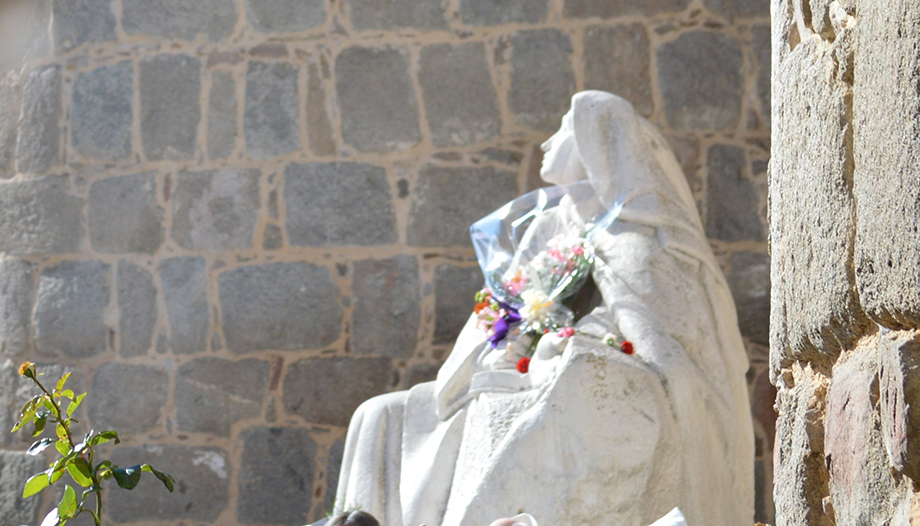We are going to try to give an answer to a question that we, especially priests, should ask ourselves: What should we know about the extraordinary activity of the devil? Because there is a lot of ignorance about it. The International Association of Exorcists (AIE), based in Rome, has organized the first training course in Spain on the Ministry of Exorcism.
If we were to point out something characteristic of the devil, we could say that he has a great "virtue": he is a tireless worker. He never gets tired and he takes great care to do his work conscientiously. And how does he do it? There is in him an activity that is more ordinary and that we all suffer from: obviously temptations. But there is another more "specialist" activity and that is his extraordinary action. To address these issues, at the end of September 2019 took place the First Formation Course in Spain on the ministry of Exorcism.
Mysterious reality and divine providence
As we approach this complex reality of the extraordinary action of the devil on people (animals and places), we approach the complex subject of evil in the world and in man.
This is not as marginal a question as it might seem. Sacred Scripture is full of that mysterious reality of evil, of evil, which makes man wonder, which tries to find an explanation for adverse situations. If we delve into the books of the Bible, we could go back to the suffering of the people of God in slavery in Egypt, to the nepotism of Antiochus III Epiphanes in an attempt to Hellenize the people in order to make them forget their traditions... to the best known example of the direct action of the devil: the book of Job.
The answer to all these questions about evil, its origin and its consequences, is clearly given by St. Paul in his letter to the Romans: it is sin that introduces evil into the world. But this explanation, unlike other religious conceptions, does not imply that evil is a principle on the same level as good. For God is the supreme Good and evil, explains St. Augustine, is nothing but the lack of good. The devil is not an evil god, but an angelic being, created by God, who became evil because of his sin, as defined by the Fourth Lateran Council.
Sacred Scripture explains human events to us in the light of a divine plan of salvation and, in this plan, evil appears as an instrument for the salvation of mankind, since, without ceasing to be evil, it is used by divine wisdom to bring about a greater good. This is how Christ accepts the Cross, which does not cease to be a means of torture to an ignominious death, to convert it, with his surrender, into an instrument for the salvation of humanity.
A great suffering
Within this context, and always illuminated by the Cross of Christ, we approach this mysterious reality: the extraordinary action of the devil in people. The "evil one," the cause of evil, seeks only our suffering. In his opposition to God, he wants to hurt man, created in his image and likeness. To go into the why of this Extraordinary Action is not without complexity. The only possible explanation is to situate it within the permission of divine Providence, and to consider it, likewise, a mystery that will only be clarified at the end.
What is inside every person who is attacked in this extraordinary way by the devil? Suffering. A suffering that is experienced in different ways, depending on the causes and the life of faith of the person who suffers it. But at the same time, the one who is attacked in an extraordinary way by the enemy can also experience in his life a greater closeness to God. God, we cannot forget, makes himself present in a clearer way in the life of those who need him most.
The saints, like St. John Mary Vianney or St. Pio of Pietralcina, explain how they were vexed by the enemy. There was a divine permission that made them grow in holiness, similar to what happened to Job in the Bible. In any case, God sets limits to the enemy, indicating to him how far he can go with the person he has subjected. It is clear that he cannot act beyond what God allows him, after all, he is a creature.
A recent case is that of Anneliese Michel, dramatized in the cinema under the pseudonym of Emily Rose. She realizes that God asks her permission to be possessed by the devil. Behind this there is a clear motivation: that, in the atmosphere of unbelief on this subject, she can help others to discover the presence of Satan, who acts in the world. The Lord allows it and counts on her acceptance: on her surrendered will to go to the end, to death.
Enemy modes of action
There are multiple ways in which the enemy makes his way to try to take over people. From the most serious, in which the person makes a pact with the devil and even signs it, or the most common in which, by action or omission, the person has let the evil one into his life. These people experience in themselves the dominion that the devil comes to have over them. In the most serious situations this dominion can be almost absolute: the devil sometimes remains hidden for years and becomes present when that person approaches God. In this situation, the enemy has no other possibility than to manifest himself in order not to lose power over that person. Also in these cases there can be vexations in which, without being possessed, the person suffers damages in his body or in his thoughts and imaginations, that originate in him confusion and suppose an authentic torture.
There is no uniformity in the terminology used to refer to all these cases. Traditionally, we used to speak of moored, pythia, lunatics, vexed, billed, energumenos... In a more concrete way, the words possessed and obsessed have been used indistinctly, which are perhaps the most extended ones.
Today there is a tendency to distinguish between four "categories": vexed, obsessed, possessed, and infested (in this case alluding to a place). Although there are no real limits between one characteristic and another, since several can occur at the same time.
1. Vexation
It is the diabolical action aimed at physically attacking the person, to sow discouragement and despair. In a certain way, they want to wage a war of attrition on that person. The body has the dignity of being the dwelling place of the Holy Spirit, that is why the enemy goes against that body. It has multiple manifestations: physical marks, smells, unexplained diseases... even sexual aggressions can occur, from touching to all kinds of aberrations through the so-called incubus or succubus demons. If the will rejects them there is never moral responsibility, it would happen as in the case of rape. The demon takes what is "owed" in the esoteric spheres.
2. Obsession
It is the diabolical action with which the person is psychologically tormented. It indirectly affects the intellect and will (which are untouchable), affects the memory, the imaginative and estimative faculties. Images are seen, or insistent sounds are heard... At the beginning the intellect contemplates them as something absurd, but it is unable to reject them. They can make the person hardly sleep, and makes him/her think that he/she is crazy. At other times he may experience outbursts of antipathy, hatred, anguish, despair, anger, or desires to kill... It provokes blasphemous images when going to receive Holy Communion. Or monstrous figures of Christ, the Virgin and the Saints, altering, in the person who suffers it, the way of perceiving. Although the person tries to reject them, he/she does not succeed in doing so.
3. Possession
It is the action of a spirit who exercises, at the moment of crisis, a despotic control, making him move, speak... He takes advantage of his body, without the victim, consciously or not, being able to do anything to avoid it. In these cases, the person has to get involved in the fight against the enemy (praying, joining the prayer that is made for him). The person perceives within himself a permanent presence, even if there are no special manifestations. He can lead a normal life, but sometimes with difficulties. These difficulties occur, above all, in the spiritual life. It can be a criterion of discernment to see if there is possession the fact that there is or not a normal life. When there are serious problems it is necessary to make a double work together with the specialist (psychologist, psychiatrist). In strong times they can manifest themselves more (Christmas, Lent...). It is good to recommend a spiritual director who is not the exorcist himself. These manifestations should be distinguished from a personality disorder: borther line, schizophrenia, split personality, OCD...
In moments of crisis or trance, a transformation can be observed in the eyes and mouth of the sufferer, how the demon delineates in the person the features of his action. It is necessary to be attentive and to observe it to discover it and to order it. The evil one will not fail to use dissuasive techniques, to block or disconcert the exorcist and try to hide and go unnoticed.
It is advisable to use sacramentals (for example, the cross, exorcised water) and relics. The demon should not feel anything, after all, he is a fallen angel, but for the good of the exorcist and of those who are with him, these religious objects affect him by divine action, by the union with the body of the vexed person (which is, after all, an imitation of the incarnation). The union with the possessed person does not consist in a moral union. The moral union is with the soul in mortal sin or with the soul of the one who has sold it to him.
Salvation, life in holiness, is not at odds with the fact that a person may be possessed. In the same way that a physical illness does not impede the action of grace in the sacraments, possession does not impede growth in holiness.
4. Infestation
In this case the spirit of evil permeates matter. In these situations, the blessing is of great help, which protects things and places from the evil action. Houses and rooms are the most common places where it occurs. There are several ways: ghostly beings, noises, movements, animals, insects... The victim feels the action of the enemy wherever he is. In the case of the infected house, it affects those who have contact with the place, and never outside it. This blessing is an opportunity for the exorcist to evangelize the people related to that place.
To clarify some ideas
In the face of all these realities, we must avoid falling into extremes, with simplifications that lead us to believe that the things that can happen to us, or to others, are all in the realm of psychiatry, because what lies behind them is a merely rationalistic vision of these realities. Or, on the contrary, to blame the devil for all the things that happen and not to resort to other means that God has placed within our reach to clarify them. In either case we would be neglecting our responsibilities when it comes to seeking the truth of things.
The first thing is to know that the devil cannot act on the higher part of the soul, therefore, there is always room for human freedom, although in some cases the dominion of the devil can be especially serious.
The action of the demon, in cases of possession, is not appreciable in a constant way. It occurs, rather, in "critical" moments, when the person who suffers from it experiences, for example, a lack of control over his limbs, or experiences rejection of religion, panic attacks when he sees the demon with him, a tendency to self-destruction through eating disorders, loss of sleep, self-harm (cuts, etc.) or even induction to suicide.
However, the most normal thing is that the enemy remains hidden, making the temptation much more effective, in such a way that it is only when the person approaches God, fruit of the exercise of his freedom and attracted by his Love, that his presence becomes more explicit. What moves the unclean spirit is to prevent the person from progressing in his life of filial piety towards the Lord. It can happen, in these cases, that a pious person begins to experience strange symptoms and discover that, behind them, there is an extraordinary activity of the devil.
Faced with the question "What can I do to prevent the devil from acting more easily in my life or in the lives of others? The first thing is to know that here, in the West, secularization has made the magical sense of life grow, and this leads many to turn, and more and more, to clairvoyants, spiritualism, oriental techniques and witches, to know the future or as a remedy to a complicated life situation. In this sense, there can be the danger of carrying out these practices and then turn to the exorcist as if he were a magician capable of removing any evil.
Experience tells us that some types of sins favor the extraordinary action of the enemy: unconfessed or unrepaired mortal sins, injustices, refusal of forgiveness, attacking the faith of the little ones, abortion, participating or attending séances of spiritism, occultism, esotericism or magic, amulets or talismans that are consecrated with rituals, astrology with invocations to spirits, objects of magic, masks or "deities" of the countries one visits, attending rites such as macumba, voodoo and others, new age, reiki, or associations that involve an occult rite of initiation, music with satanic invitation to necrophilia, suicide, or blasphemy.... There are those devoted to Satan who offer such things in their concerts. And, finally, the evil spell as an instrumental cause to harm others (going to witches, shamans... to ask them for a "work" against a specific person). In all the latter, there is a clear sin against faith, because the action of God is questioned in order to look for "other alternatives".
We cannot believe that, whenever some of these situations occur, the devil will necessarily act in an extraordinary way. We must not forget that there is also a divine providence that avoids many of the demonic actions. But we must be very clear that we must be very cautious when flirting with the world of occultism and flee from all that has been mentioned in the preceding lines, or worse.
How to deal with it
When someone experiences "strange things", her first reaction is to think that she is crazy, that, if she says so, she will never be believed, that what is happening to her has no possible explanation. When she is able to tell a friend, or a priest, the one who receives this confidence has to know how to listen and ask God for light to discern, he or another person who knows about these issues. It will be necessary to see if the person needs medical treatment or spiritual help. If it is the first case, the truth is the one that frees, since an adequate medical treatment can avoid falling into an obsessive disorder.
Accompanying the person is the key. We cannot forget that the affected person is someone who suffers and needs to be treated with humanity, like any other person in need. With time we can discover how to help them to see if the symptoms that appear are more typical of a psychiatric disorder or, on the contrary, correspond to an extraordinary action of the devil.
A specific example of psychiatric illness is OCD (Obsessive Compulsive Disorder). If we are dealing with a psychiatric patient, the disorder usually has a cause and its onset is slow and progressive, while similar symptoms may have a demonic origin and, in these cases, appear suddenly.
With a rationalistic vision there are some who deny the exorcistic activity of Jesus, confusing the cases recounted by the evangelists with symptoms of some kind of illness. To answer this objection it is enough to read carefully that, when it comes to illnesses, the Lord cures the illness, while, in the case of exorcisms, he directly addresses the demon as a creature that personally responds to his command and, in this way, liberation takes place.
When a person is manipulated or assaulted by the enemy, he must be helped to regain his freedom and his capacity to accept divine love. That is why he always needs to be accompanied. Any exorcist knows that this follow-up is, in any case, essential, because the person, especially at the beginning, needs someone to help him or her, before or after each session.
Exorcism is part of the tradition of the Church and, as such, it has a positive and even joyful character, because it is the fruit of the action of the Holy Spirit.
The person must experience the sweetness of Christ's welcome, who understands her situation, while others may not trust her and think she is crazy. Let us not forget that the Lord invited the weary and burdened to come to him (cf. Mt 11:28).
What is exorcism?
Exorcism is an action (words and gestures) that aims to expel and remove demons from people, places or things. It is not a ministry that tries to put itself above other realities, nor to persecute witches, but to obey the command of Christ, carrying out his same works. The Church recognizes it in this way, and for this reason there is a ritual that marks the way to deal with this problem.
Jesus fought against the ordinary and extraordinary action of the devil, both in the desert, when he was tempted at the beginning of his public life, and in the exorcisms he performed throughout his ministry to bring the Good News to all.
Ritual is like medicine, one must know when and how much to use it. As it is not a magical rite, it is very important to bring the person in contact with God, without anticipating anything. What is necessary to really help, we repeat, is to try to discard what may be natural (psychic, psychiatric...). It should not be forgotten that, in any situation that could lead to suspicion, it will be necessary to make a discernment that, in many occasions, is not easy at all.
In many cases this ministry becomes a work of first evangelization. People want to understand what is happening to them, to be freed from what is harassing them, and they can turn to the exorcist as a kind of healer. This situation makes it possible to present Jesus Christ as the only Savior.
What does liberation consist of?
It is a miracle, an action of God outside the laws of nature, which leads to the expulsion of the author of evil, an angelic creature that departed from God and is much more powerful than men. Even the most "insignificant" demon is quite powerful, but the divine power is always superior to that of any created being.
What characteristics must be present in the release?
-It must be an empirically verifiable fact.
-That it is not something that happens by natural causes.
-Nor does it happen due to preternatural causes (demonic action with which it intends to deceive people).
-Let it be worked by God Himself.
It must be clear that the author is God alone. The exorcist is his minister, and also a minister of his Church, since he works with the support of the whole Church. For this reason, he must have the license of the Bishop, who is the first exorcist in his diocese.
The first one who has to trust in the divine plan is the exorcist, so as not to despair and let God act, who has a plan with that person.
No "rex sacra" -sacred thing- can work by itself without the action of God. And, with the exception of what happens with the Sacraments, which are sustained by a divine commitment, God is not obliged to act through these sacred things (such as a relic or an image of God, of the Virgin or of the Saints). This helps to understand that there is no greater efficacy in using one ritual or another, one prayer or another. Any eagerness of protagonism, on the part of the priest, puts a brake on the action of God, since it tries to supplant him and, in these cases, the ineffectiveness of the exorcism avoids, on the part of God, a greater evil on the priest.
The different types of "exorcism
Exorcism can be Simple (Leo XIII: on places), Minor (Rite of Baptism, and rites of scrutinies of the Rite of Christian Initiation of Adults) or Solemn (Major Exorcism, for extraordinary acts). On the other hand, there would be the private.
There are exorcisms that are not performed with the ritual, which are called private exorcisms, also known as deliverance prayer. Their efficacy is assured by the promise of Christ, although, in these cases, it depends on the disposition of those present. It can be done by priests or lay people (this is how St. Catherine of Siena used to do it). It is licit when the devil is causing torment or vexation to a person. It will always be necessary to make the previous discernment to be convinced that it is an extraordinary activity of the devil. In the case of a priest, it is convenient to have the approval of his Bishop if he is going to do it continuously. In this case, it is necessary to be very prudent, since the devil is vengeful. The danger of this way of acting is the lack of good discernment (since one can treat as actions of the devil what are mental problems). There is also danger in the lack of a good follow-up of the case (not accompanying as the Church has to do in these cases). Or by converting this action into something outside the life of the Church (with the danger of believing oneself to be an authentic mediator between Christ and the affected person, without being united to his Body which is the Church).
The Congregation for the Doctrine of the Faith, in a document on the Prayers of Liberation, 29/09/1985 states: It is forbidden for the lay faithful to use the exorcism of Leo XIII, nor may they lay hands on the heads of those affected, as these gestures are reserved for priests..
The efficacy of public exorcism is also guaranteed by the support of the whole Church, since it is a liturgical action. For this reason we speak of "Ex opere operantis Ecclesiæ". We can be certain that, like all prayer, even if its effect is not appreciated, it is always effective. Total liberation is not always achieved, but at least there will be a partial liberation that will lead to total liberation. The priest and his companions have the guarantee of divine protection against any demonic action. The apparent ineffectiveness of an exorcism cannot come from the strength of the demon, but from the affected person, in his process of conversion and holiness, or from other people that God wants to bring closer to Him. In these cases, in which God has not "willed" the total efficacy of the exorcism, it is necessary to be convinced that God wants deliverance, but not at any price. What he wants is that the miracle of deliverance be perpetuated in the faithful and that they persevere in the way of Christ.
Let's keep in mind that there is not always a clear notion of everything that has to do with the enemy, in fact, there are many people who do not believe in it and think that it is a remnant of medieval superstitions. Or that these "cases" can be explained by science. But as we wanted to make clear, many pages of the Bible, and more specifically of the New Testament, disprove this. The Church, by Christ's command, must exercise a solicitous and delicate charity so that no one can feel abandoned and, therefore, must face these situations that cause so much pain and suffering in the person who is living them. The temptation is to "dismiss these matters lightly". When one does not know how to act, one cannot simply fall into skepticism; one must help to find a knowledgeable person who can guide and channel these cases. It is, after all, a question of faith in God and in his power.
This is the interest of the Church when praying for her children: to bring them closer to Christ and that they persevere in his Way until the end of their days here on earth.
The authorJosé Ramón Fernández and Alfonso Sánchez Rey  Pope returns to St. Peter's Square
Pope returns to St. Peter's Square Pope assures that teaching how to pray is an essential task of the Church
Pope assures that teaching how to pray is an essential task of the Church



